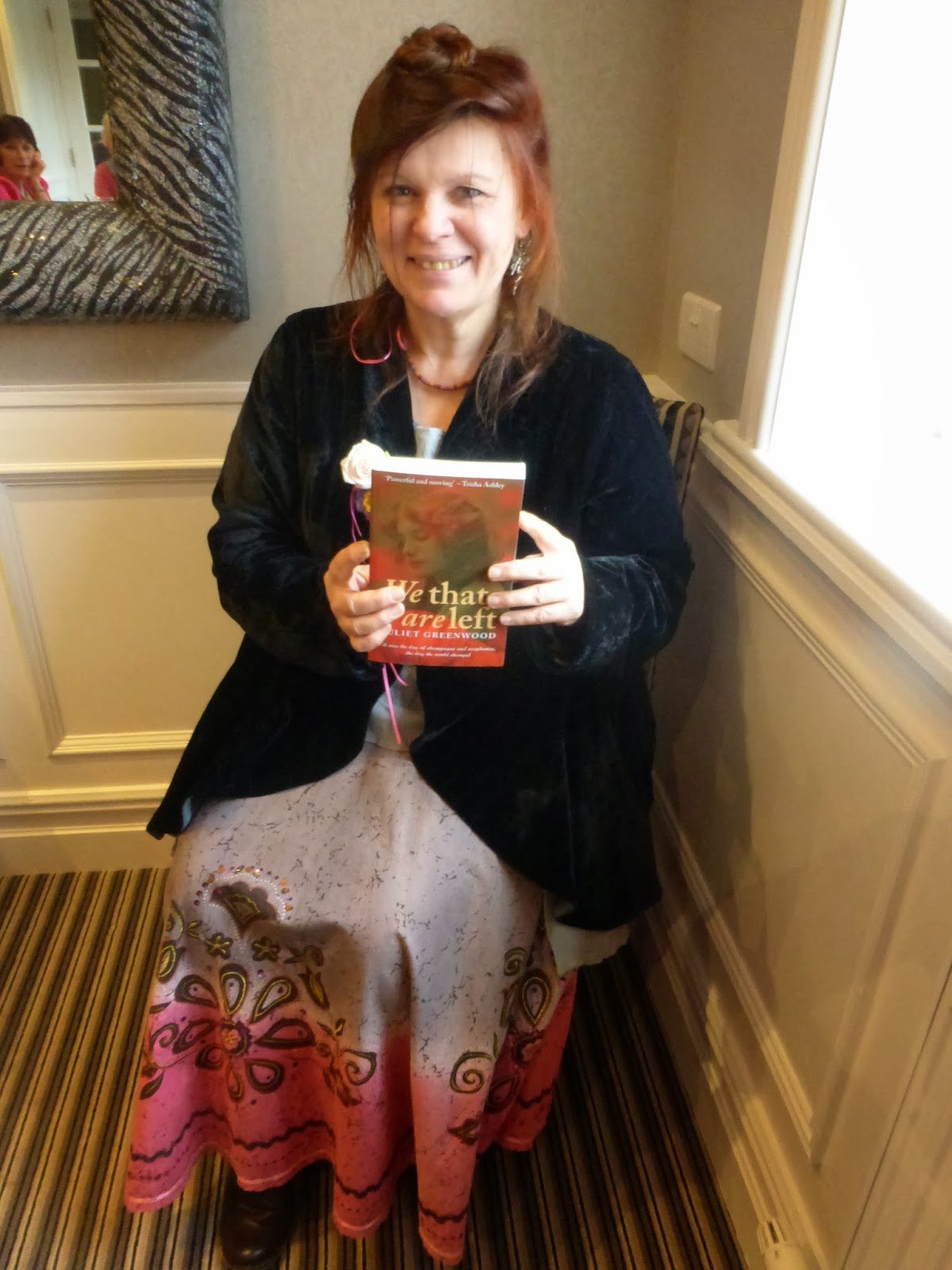 |
| Bara Brith |
Unlike
in World War Two, there was no official rationing until towards the end of the
war, but much of Britain’s food was imported and so there were soon shortages,
and many things became expensive. It wasn’t just food, but medicines, too.
During the war, women, especially those in the countryside, returned to the old
ways. They grew and preserved as much as they could, and foraged for things
like blackberries and rosehips, which are an excellent source of vitamin C and
wonderful home remedies for coughs and colds.
It
might not sound heroic, but without food and medicine no one can survive. Food
was sent out to the soldiers at the front, and helped the wounded recover. It
fuelled the workers who kept the country functioning – all those forgotten
millions without whom the war could not have been fought and lives rebuilt
afterwards.
Many
of these women were taking over the running of the family business or, like my
heroine, Elin, the family estate, for the first time. In 1914 most women were
destined to be wives and mothers. Their role was to support their men and
follow their lead. When women first tried to help the war effort by setting up
an ambulance service they were laughed at and told not to bother their pretty
little heads, but they were soon setting up field hospitals, driving ambulances
and looking after the dead and the dying. It was the time when we proved we
could drive trams and trains, and be doctors, surgeons, mechanics and
businesswomen. And we established that we don’t faint in a crisis but are intelligent,
brave and resourceful.
 |
| Maids of Honour |
What
I found fascinating is the way in which this reflects the changes in attitudes
to food that have been happening in the UK in the 21st century due
to the recession. Apart from the very poor, people before WW1 were used to huge
meals packed full of cream, butter and meat and being able to get hold of
anything they wanted. During the war they had to learn to exist on a much
simpler diet – one that didn’t need a Downton Abbey style army of servants!
Today, too, there is much more interest in growing your own and home baking and
preserving rather than going out for meals or buying ready made.
After
the war, there was a new interest in cooking. This time it was from single
women who worked in low paid jobs, or forged successful careers. What they
wanted was to learn to cook cheaply and simply for themselves and their friends
in their flats and bedsits after returning from a hard day’s work at the
office, the hospital, the lab, the school, the university. With so many men lost,
many women needed to find a new way of living, and of supporting themselves.
And they were the pioneers who led the way to the choices we have today.
 |
| Juliet's Kitchen |
Over
the past months I’ve been gathering recipes, some traditional and some from war
time newspapers, which I’ve been trying out – and in some cases adjusting for
modern tastes. Plus I’m vegetarian, something almost unheard of in 1914 (apart
from cranks and socialists), so I’ve had to source vegetarian suet and rennet.
I’ve
tried all the ones that appear in the book, and I now can’t wait to try the
next on the list! Friends have been persuaded (okay, arms have been twisted) to
try their own and send in photographs, or to come and taste the results. I’ve
yet to find anyone brave enough to attempt rabbit pie. So any willing
volunteers out there, just let me know. I have the recipe. But no rabbits.
Nettle and dandelion beer, anyone?
Website:
http://www.julietgreenwood.co.uk/



Enjoyed this post so much. My grandmother used to tell me stories of life during the first world war...while we picked wild blackberries, preserved peaches from her trees, petted the milk cow and thanked her for her contribution... I could go on and on. And my grandmother never really changed. She lived on a big farm, was as self-sufficient as she could make happen and God help you if you wasted anything! I remember a lot and as I get older I recall even more: something will happen to trigger a memory and Grandma will be there, instructing me, reminding me, chuckling that chuckle I knew was just for me. How I wish I could wander round the farm with her again...I would ask so many more questions, even if Grandma did always say I was just 'a little walkin' question'.
ReplyDelete